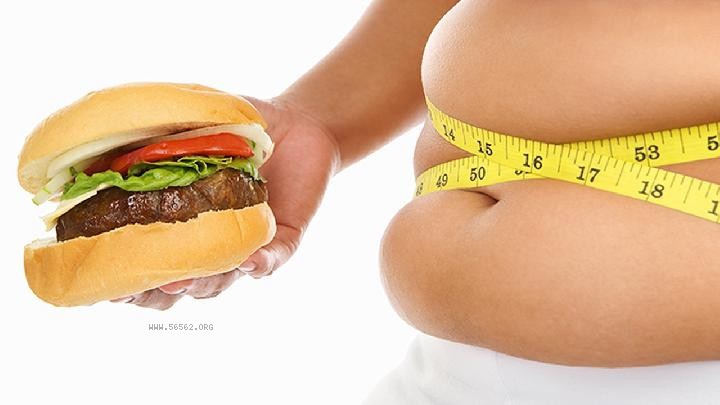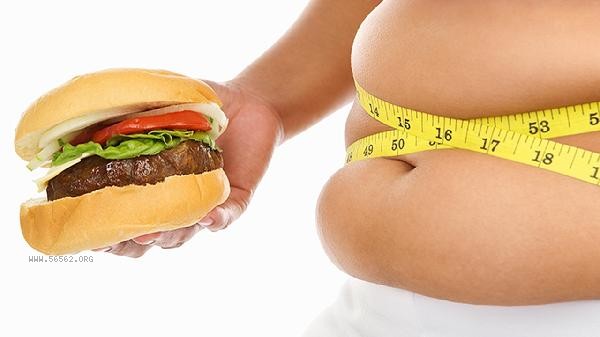During weight loss, it is generally recommended to consume between 1200 and 1500 calories per day. This range can help most people achieve healthy weight loss goals.
1. understanding basal metabolic rate: Basal metabolic rate (BMR) refers to the minimum energy required by the human body to maintain basic physiological functions in a resting state. Knowing your BMR can help you determine the minimum daily calorie requirement. Typically, the BMR for adult females is between 1200 and 1500 calories, while for adult males it is between 1500 and 1800 calories.

2. Calculate daily total energy expenditure: Daily total energy expenditure (TDEE) includes basal metabolic rate and calories consumed by activities. You can estimate your TDEE through formulas or online calculators. Generally speaking, the calorie intake during weight loss should be 500 to 1000 calories less than TDEE, which can result in a weight loss of approximately 0.5 to 1 kilogram per week.
3. Choose nutrient rich foods: In order to reduce calorie intake while ensuring adequate nutrition, it is recommended to choose foods with high nutrient density. Eat more vegetables, fruits, whole grains, and high-quality protein such as chicken, fish, beans, and nuts. These foods are not only low in calories, but also provide rich vitamins, minerals, and fiber, which help maintain physical health.
4. Control the amount and frequency of food intake: Reasonably control the amount of food per meal to avoid overeating. You can adopt a small amount of multiple meals, eating 5 to 6 small meals a day, which can maintain stable blood sugar and avoid hunger. At the same time, pay attention to chewing slowly and prolonging the eating time, which can help increase satiety.
5. Avoid high calorie snacks and drinks: High calorie snacks and sugary drinks are the enemy of weight loss. Try to avoid high calorie snacks such as potato chips, candies, cakes, as well as sugary and alcoholic drinks. Can be replaced with healthy snacks such as fruits, nuts, yogurt, etc., which can satisfy the appetite without consuming too many calories.
6. Maintain sufficient water intake: Drinking water is very important for weight loss. Water not only helps the body metabolize waste, but also increases satiety and reduces intake of high calorie foods. Drink at least 8 glasses of water every day, and people who exercise a lot can increase their water intake appropriately.
7. Regular exercise: In addition to controlling diet, exercise is also an important component of weight loss. Engaging in at least 150 minutes of moderate intensity aerobic exercise per week, such as brisk walking, jogging, swimming, etc., can effectively increase calorie expenditure and promote fat burning. At the same time, incorporating strength training can help increase muscle mass and improve basal metabolic rate.
8. Record diet and exercise: Keeping a record of diet and exercise helps you understand your calorie intake and expenditure, and adjust your weight loss strategy in a timely manner. You can use mobile apps or handwriting to record, regularly review and summarize, and find the most suitable weight loss method for yourself.
9. Seek professional advice: If you are unsure about your diet and exercise plan, you can seek help from a nutritionist or fitness coach. They can develop a personalized weight loss plan based on your specific situation to ensure that you stay healthy during the weight loss process. In general, the daily calorie intake during weight loss should be between 1200 and 1500 calories, but the specific value needs to be adjusted according to the individual's basal metabolic rate and activity level. Reasonably controlling diet, choosing nutritious foods, avoiding high calorie snacks and drinks, maintaining sufficient water intake, regular exercise, and recording diet and exercise are all effective methods to achieve healthy weight loss.







Comments (0)
Leave a Comment
No comments yet
Be the first to share your thoughts!